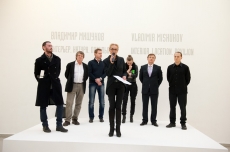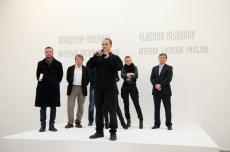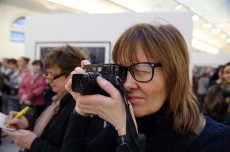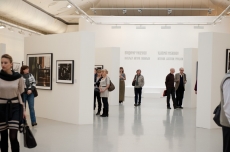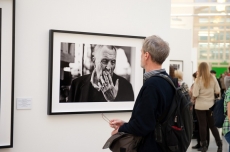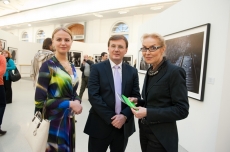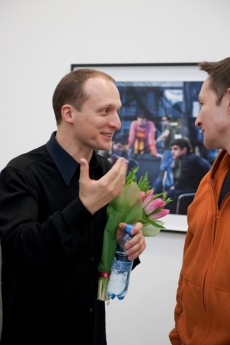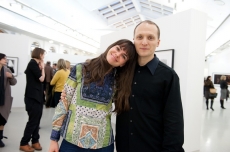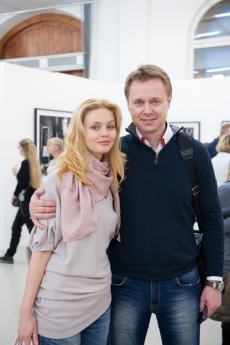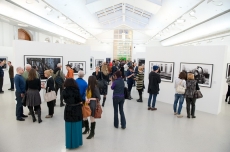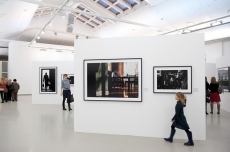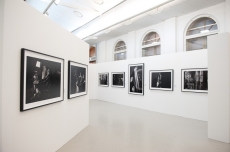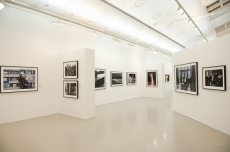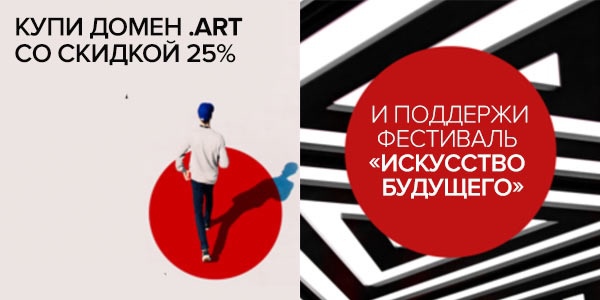Interior. Location. Pavilion
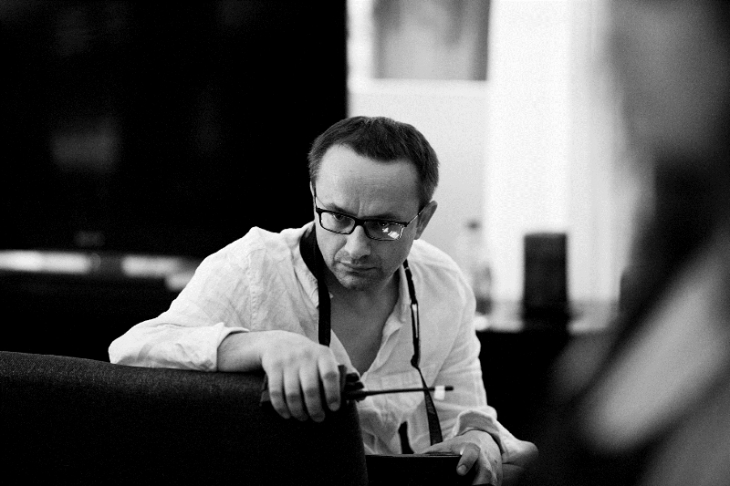
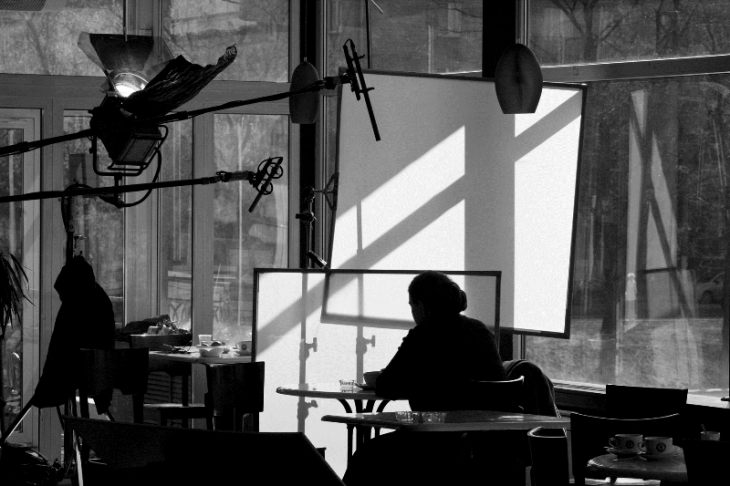
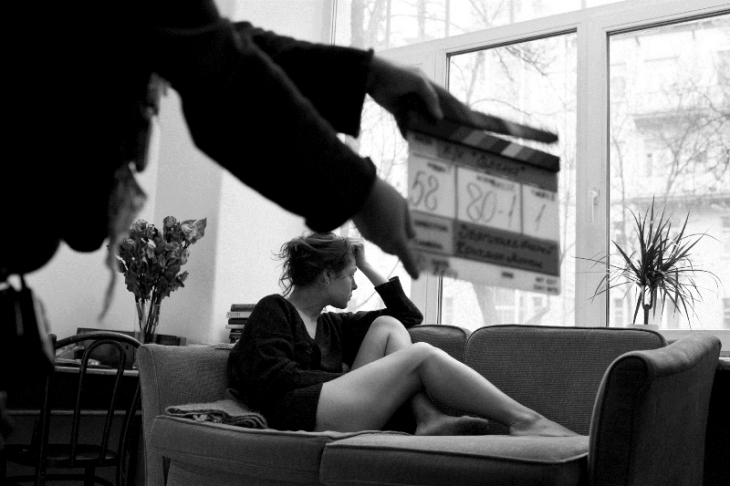
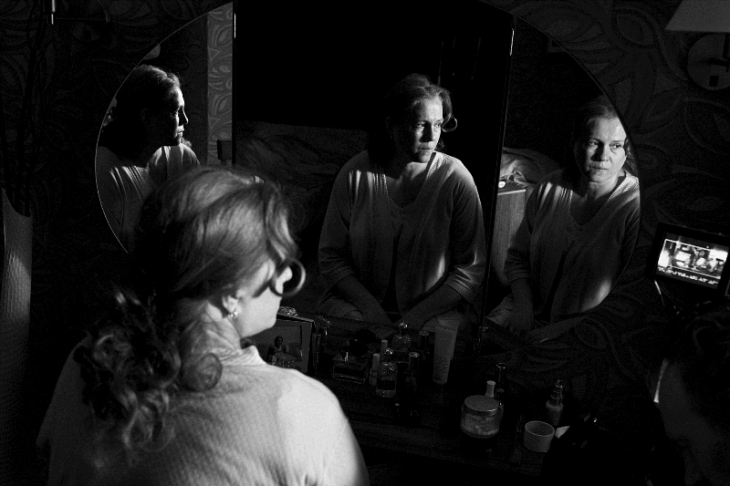
Vladimir Mishukov. Pavilion. Vladimir’s apartment. Preparing for shooting Director Andrey Zviagintsev. On the set of ‘Elena’ by Andrey Zviagintsev. 2010. Digital print. Artist’s collection, Moscow
Vladimir Mishukov. Interior. Cafe. Elena – Nadezhda Markina. On the set of ‘Elena’ by Andrey Zviagintsev. 2010. Digital print. Artist’s collection, Moscow
Vladimir Mishukov. Interior. Katerina’s apartment. Katerina – Elena Lyadova. On the set of ‘Elena’ by Andrey Zviagintsev. 2010. Digital print. Artist’s collection, Moscow
Vladimir Mishukov. Pavilion. Vladimir’s apartment. Elena – Nadezhda Markina. On the set of ‘Elena’ by Andrey Zviagintsev. 2010. Digital print. Artist’s collection, Moscow
Moscow, 6.04.2012—22.04.2012
exhibition is over
New Manege
Gueorguievski per., 3/3 (
opening hours: 12:00 - 21:00, day off - Monday.
Tel: +7 (495) 692-44-59
Share with friends
Photographs from the shooting of the Andrey Zviagintsev’s “Elena” movie
For the press
Photographing a film shoot is initially a documentary genre. It is very hard for the photographer to define his own artistic goals, since the playing field is already occupied by another artist — the director. The situation is predetermined from the start and the setting prearranged to the finest detail, hence the photographer must either chronicle the filming process (dramatic moments in the director’s relations with the actors is a favourite theme), or produce static images of something movie audiences will later see on the cinema screen. Vladimir Mishukov offers a rare exception to this, where the photographs represent a continuation and, if you like, a parallel procedure, where another life evolves, unforeseen by the director’s all-seeing eye.
Andrei Zviagintsev’s film ‘Elena’ is a chamber piece with the minimum number of characters and milieux, hence each leading role becomes a tectonic element with a powerful visual and emotional force in tow. The photographer Mishukov (who incidentally studied to become an actor) succeeds in penetrating the dense structure of the film. He keeps a sharp focus on man and humanity in the widest sense of the word; he is not interested in the ‘image’, the actor’s interpretation, and in his photographs there is no jarring gap between the ‘reality’ of the film and the shooting process. For Mishukov the concept of fiction seems non-existent, as he confidently disregards artistic conditionality and makes a desperate bid for the real.
He records complex emotion, state of mind in its ‘pure form’, the prolonged hopelessness printed on the characters’ faces; he captures the actors in pauses between takes, since even the click of a shutter is forbidden during the shoot due to the sensitivity of sound recording. Mishukov is extremely perceptive of the actor’s assumed image and absorbed in what he regards as the only reality, while remaining an artist who can resolve purely visual tasks. The actor Smirnov’s face, shot from above and covered in wrinkles, is almost entirely transformed into an abstract texture, the film crew preparing their next take resemble a painting to depict the balance of colour and composition, while the alternation of density and near-transparency of the photographic frames conveys the dynamics of their sequence. Vladimir Mishukov creates his own environment, more unobtrusive and ethereal, where emptiness is also significant and emphasis falls on the incidental. At the same time the photographer has no fear of openly ‘beautiful images’, he dissolves them and makes an irony of his own role too in this accomplished artistic series entitled ‘Interior. Location. Pavilion’.
Ekaterina Inozemtseva
Vladimir Mishukov (b. 1969), celebrated Russian photographer, awarded the Silver Camera Grand Prix three times and granted a Paris Mairie scholarship. A regular participant in the Photobiennale and Fashion and Style in Photography festivals. Graduated from the Russian Academy of Theatre Art as stage and screen actor. Has worked with top-end glossy magazines, advertising agencies and design studios. Author of the photo albums ‘Cult of the Family’, ‘Polnopolunie’, ‘Inseparables’, ‘The Return’, etc.

